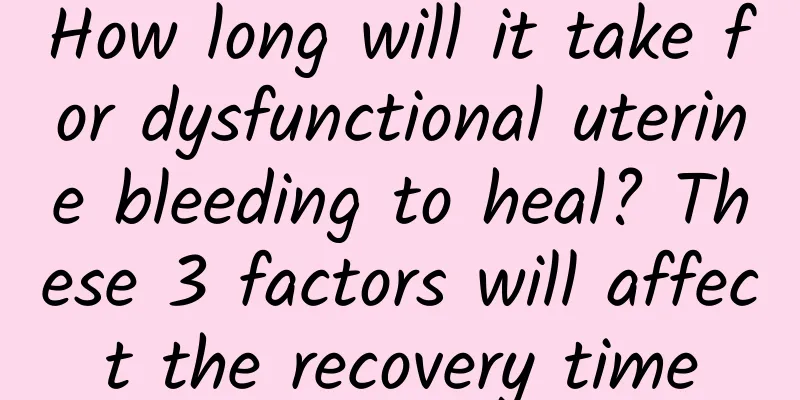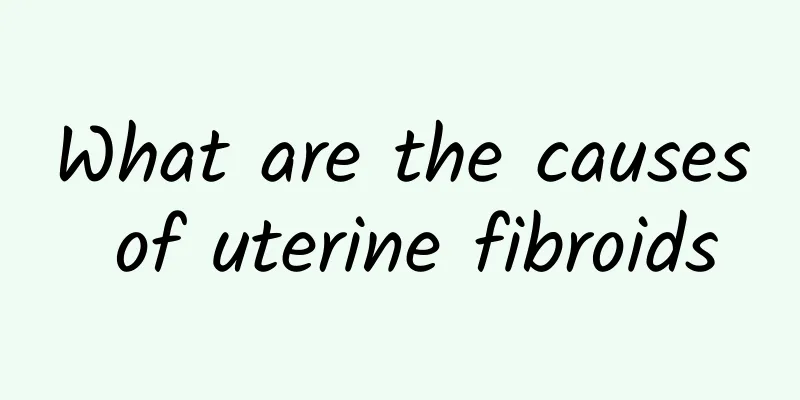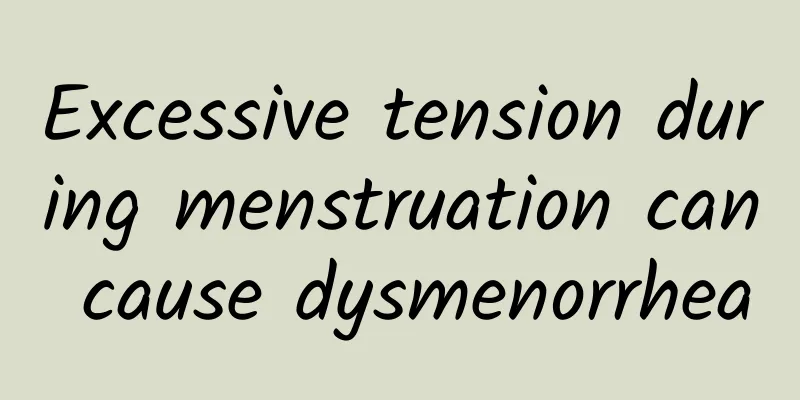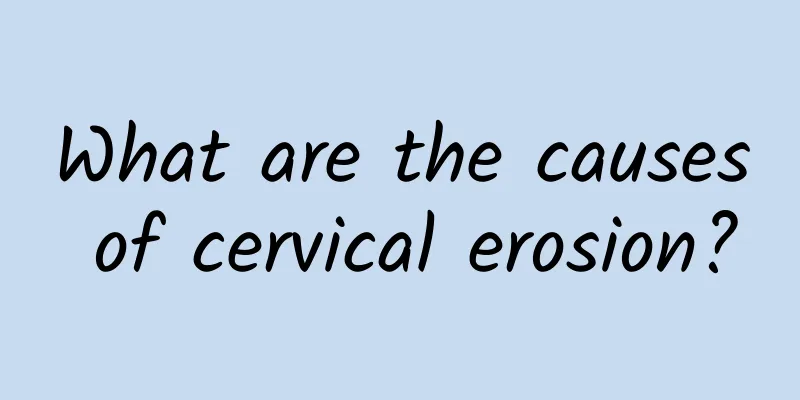How long will it take for dysfunctional uterine bleeding to heal? These 3 factors will affect the recovery time

|
There is no uniform answer to the recovery time of dysfunctional uterine bleeding, which needs to be analyzed according to the specific situation. Once you have this disease, you should take medication according to the course of treatment according to your condition. Generally, you need to take medication for 3 to 6 months or longer. A small number of patients have very stubborn conditions and may need lifelong treatment. Some female friends have no organic lesions in their uterus, but still have bleeding. This is actually dysfunctional uterine bleeding. This gynecological disease is common in adolescence and menopause. If women of childbearing age have corpus luteum dysfunction, they may also suffer from this disease. So how long will it take for dysfunctional uterine bleeding to heal? |
<<: What are the tests for abnormal uterine bleeding?
>>: Can dysfunctional uterine bleeding get better? How should it be treated?
Recommend
Be alert to symptoms of uterine fibroids
Uterine fibroids are very harmful to women, and t...
Why does menstruation always come early?
Why does menstruation always come early? Menstrua...
How long does it take for pelvic inflammatory disease to heal after taking medicine? Analyze multiple reasons
The time to take medicine for pelvic inflammatory...
What to check for endometrial thickening
What should be checked for endometrial thickening...
To prevent pelvic inflammatory disease, women should first do a good job of 3-stage care
Pelvic inflammatory disease is one of the more st...
How long after the abortion can I exercise? Pay attention to these matters after the abortion
Many female friends are not very clear about the ...
Clinical features of cervical precancerous lesions
Cervical precancerous lesions are one of the most...
What are the symptoms of cervical erosion?
Cervical erosion is a common gynecological diseas...
What is the least harmful way to have an abortion?
After becoming pregnant, if you want to terminate...
Experts explain the impact of candidal vaginitis on the fetus
Pregnant women are a common group of people who s...
Causes of incomplete miscarriage
Artificial abortion will definitely cause some ha...
Basis for examination of female vulvar itching
In order to avoid the harm caused by external itc...
What should patients with cervical erosion pay attention to?
What should patients with cervical erosion pay at...
Gwyneth Paltrow's favorite: myofascial exercise! Step dance body sculpting, pain relief
The Brazil Olympics is in full swing, but there h...
Is it risky to have an abortion with a scarred uterus? Can I still get pregnant?
The risk of abortion with a scarred uterus is hig...









